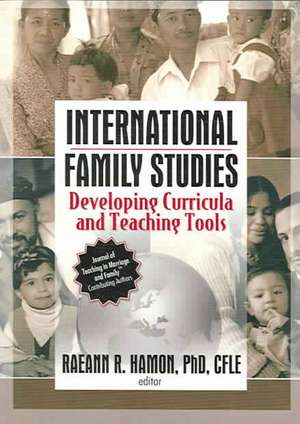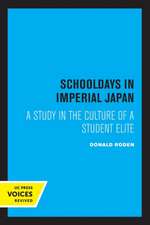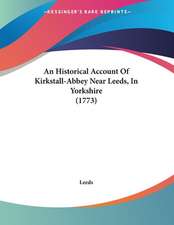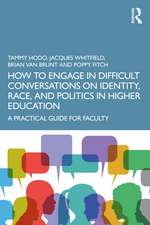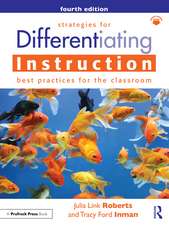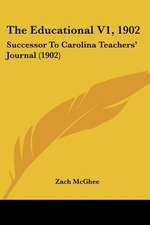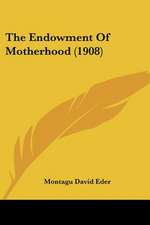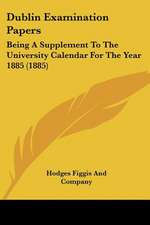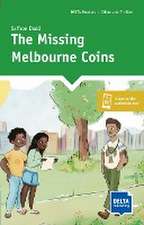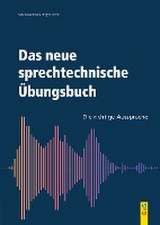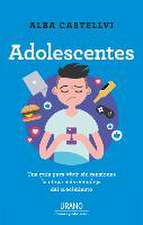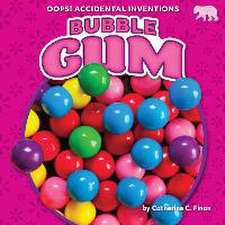International Family Studies: Developing Curricula and Teaching Tools
Autor Raeann Hamonen Limba Engleză Paperback – 8 iun 2006
International Family Studies: Developing Curricula and Teaching Tools offers a collection of innovative ideas and resources for educators who wish to enhance the international content of their human development and family science curriculum. Contributors share their experiences of transforming department commitments, modifying existing and/or creating new courses, developing stimulating exercises and projects, capitalizing on existing faculty development programs to enhance educators’ own international understanding, partnering with universities overseas, and utilizing existing institutional structures to incorporate international study-abroad opportunities and internships for students. The book presents teaching tools and techniques, specific resources, and theoretical models for use in family studies, human development, and social science programs.
International Family Studies: Developing Curricula and Teaching Tools promotes cross-cultural competence and global understanding—essential ingredients for the success of future family professionals. The book is devoted to fostering knowledge and skills critical for breaking down barriers and expanding cultural knowledge in an effort to better prepare students to work with ethnically and culturally diverse families.
International Family Studies: Developing Curricula and Teaching Tools examines:
- planning, implementing, and evaluating an innovative diversity curriculum
- knowledge and skills needed to work effectively with ethnically and culturally diverse families
- teaching techniques that can be incorporated in the classroom to enhance greater cultural understanding
- the use of student group presentations, technology, and books projects to teach about culturally diverse families
- issues of cultural competence, cultural sensitivity, and respect for diversity
- experiential opportunities abroad for students and faculty
- and much more
Preț: 172.39 lei
Preț vechi: 233.49 lei
-26% Nou
Puncte Express: 259
Preț estimativ în valută:
32.99€ • 34.25$ • 27.51£
32.99€ • 34.25$ • 27.51£
Carte tipărită la comandă
Livrare economică 22 martie-05 aprilie
Preluare comenzi: 021 569.72.76
Specificații
ISBN-13: 9780789029249
ISBN-10: 0789029243
Pagini: 240
Ilustrații: illustrations
Dimensiuni: 148 x 210 x 14 mm
Greutate: 0.44 kg
Ediția:1
Editura: Taylor & Francis
Colecția Routledge
Locul publicării:Oxford, United Kingdom
ISBN-10: 0789029243
Pagini: 240
Ilustrații: illustrations
Dimensiuni: 148 x 210 x 14 mm
Greutate: 0.44 kg
Ediția:1
Editura: Taylor & Francis
Colecția Routledge
Locul publicării:Oxford, United Kingdom
Cuprins
About the Editor Contributors Preface PART I: INTERNATIONALIZING THE CURRICULUM Chapter 1. Internationalizing Family Science Programs: A Spherical Expansion of Inclusive Perspectives (Shi-Ruei Sherry Fang, Teresa McDowell, and Christina Holland) Educational Institutions and Family Studies Programs Faculty Engagement and Development Case Example: Developing Faculty Multicultural Competence Research Teaching Practices and Curriculum Case Example: Discovering International Influences Student Body Case Example: Dialogue Group Conclusion Chapter 2. Cultural Lessons in Sexuality: Comparison of Parent-Child Communication Styles in Three Cultures (Carol Anderson Darling and Stacy N. Howard) Costa Rica Finland United States Teaching Methodology Research Methodology Results Discussion Chapter 3. How Big Is the Penguin?: Designing and Teaching a Course in Comparative Family Policy (Steven K. Wisensale) The Academic Setting Objectives and Course Content Classroom Exercises The Selection and Use of Learning Materials Course Projects Grading and Evaluating Students Measuring Pedagogical Effectiveness Suggestions and Guidelines Chapter 4. Breaking Down Cultural Barriers: An Evaluation of Cultural Competence Training for Family, Youth, and Community Science Educators (Lisa A. Guion and Lamont A. Flowers) Background Cultural Competence Building Cultural Competence Training Evaluation Methodology Results Conclusion Chapter 5. The Cultural Transformation Model: Promoting Cultural Competence Through International Study Experiences (Sylvia M. Asay, Maha N. Younes, and Tami James Moore) Research Strategy The Cultural Transformation Model: Phases I-V Discussion Conclusion Chapter 6. Global Ecology Instructional Model: An Application for the Study of Families in an International Context (Mozhdeh B. Bruss, Barbara J. Frazier, and Eileen Buckley) Background Purpose Context Theoretical Foundations Learning Objectives Learning Activities Critical Elements of the GEI Model Model Outcomes Chapter 7. The Fulbright Programs Model for Teaching and Learning About International Families (Maria E. Canabal) Fulbright Scholar Program Fulbright Educational Partnership Program Discussion and Recommendations Appendix: Participants’ Report Chapter 8. Teaching Family Sciences in Ecuador (Paul L. Schvaneveldt and Bron Ingoldsby) Case Example: Casa Grande Human Ecology The Curriculum Discussion PART II: TEACHING TOOLS AND TECHNIQUES Chapter 9. Teaching About Ethnic Families Using Student Group Presentations (Sylvia Niehuis) Purpose, Objectives, and Rationale Procedure The Teaching Strategy’s Effectiveness Conclusion Chapter 10. Affirmation Book Project: Impacting Diversity, Literacy, and Collaboration (Melinda K. Swafford, Rebekah A. Thomas, and Sue Bailey) Purpose, Objectives, and Rationale Procedure Assessing Effectiveness Conclusion Chapter 11. Creating an Electronic Portfolio to Integrate Multiculturism in Teaching Family Economics (Anita M. Subramaniam) Purpose, Objectives, and Rationale Procedure Examples Assessing Student Performance Chapter 12. Communicating Across Preferences: A Comparative Family Systems Example (Ann Creighton-Zollar) Purpose, Objectives, and Ratio
Descriere
International Family Studies: Developing Curricula and Teaching Tools provides educators with innovative methods and strategies to equip their students with a global perspective on marriage and family issues. Contributors share their experiences of transforming department commitments, modifying and/or creating entire courses, creating projects, and incorporating text materials—all to better prepare future family professionals. The book presents theoretical models, specific resources, teaching tools and techniques, and relevant book reviews for coursework in family studies, human development, and the social sciences.
